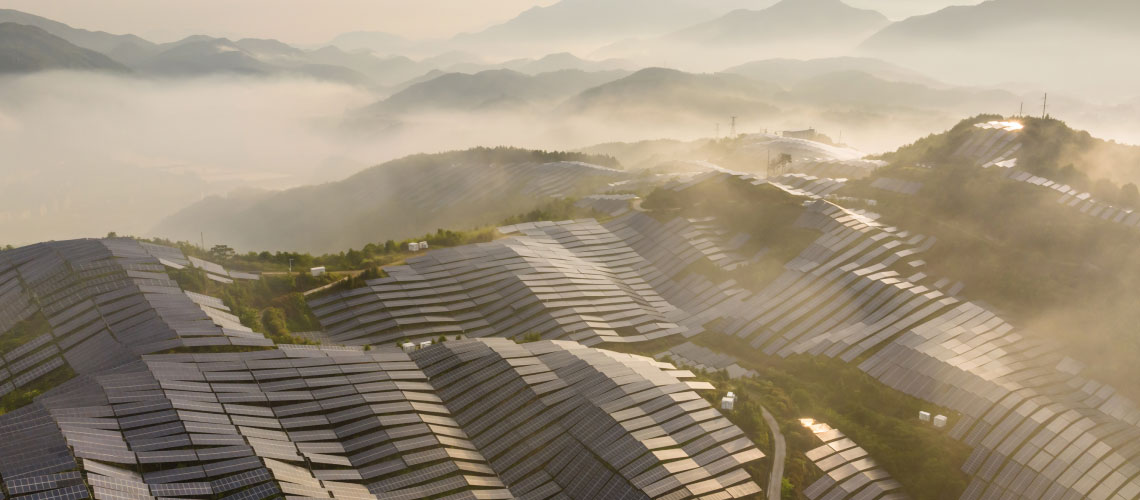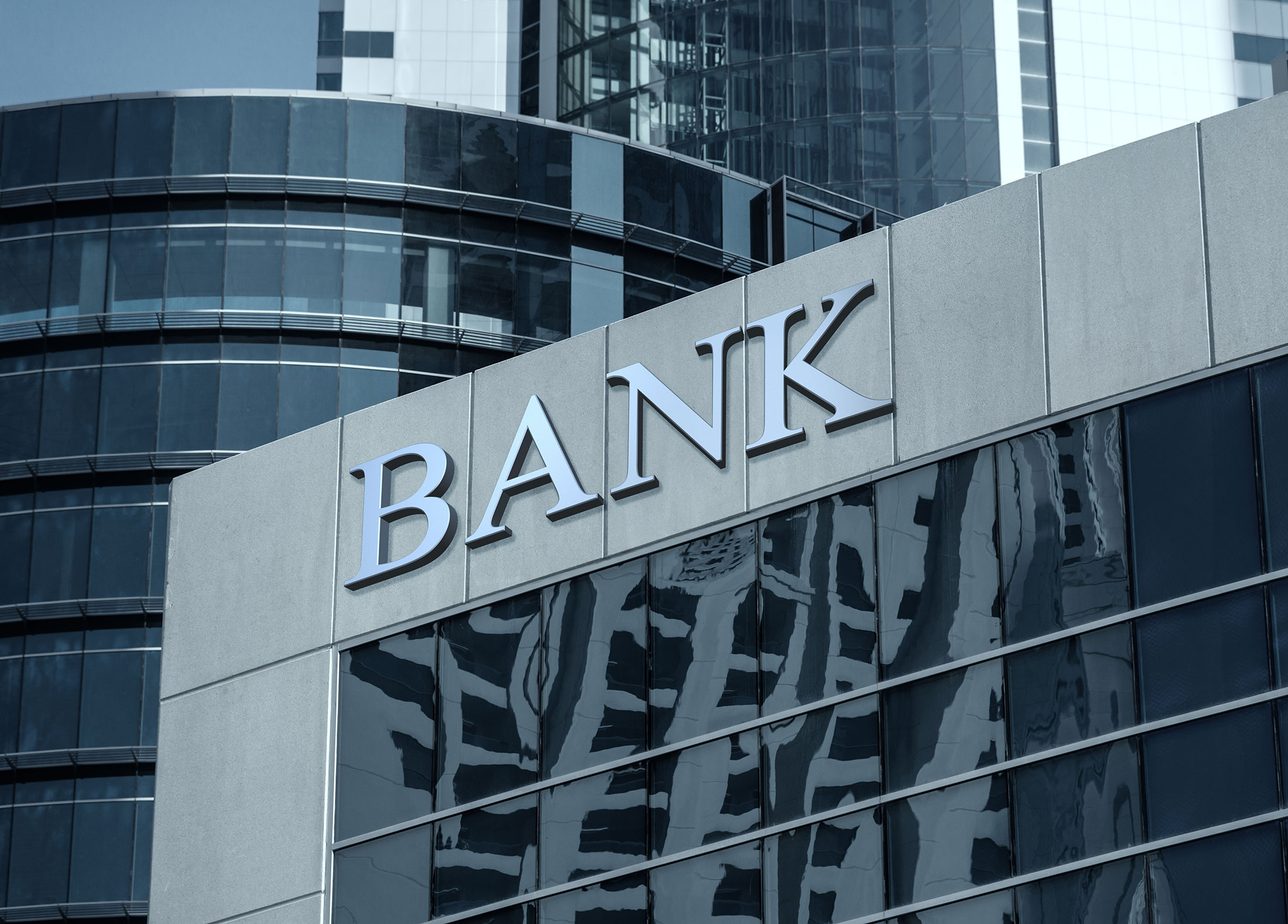
Published
- Markets
- Trade
Learning to love longer tenors
Are the expanded financing opportunities permitted by the updated OECD Arrangement living up to high expectations? It may take time, experts say.
In 2023, OECD updated the Arrangement on Officially Supported Export Credits. The maximum repayment term was increased from 18 to up to 22 years for green transactions and from 8.5 or 10 years to up to 15 years in the general text. The minimum premium rates that ECAs are obliged to charge for their insurance cover will be reduced for longer repayment periods. Finally, further flexibilities regarding the schedule of repayments over the life of the loan provided will be introduced.
The purpose of the update is for government-backed export finance to better meet the needs of exporters and for green transactions to receive additional incentives in the form of more flexible financial terms and conditions. Given the turbulent macro environment in the wake of inflation, rising interest rates and geopolitical jitters, the response from the financial community, however, appears to be somewhat muted.
At the GTR Nordics conference in Stockholm in November 2023, a panel discussion among financiers reflected this sentiment. Nazli Konac Edgu, Director Export & Agency Finance at Citibank, stated that, “We welcome the changes but we are aware of the challenges that need to be tackled, some on the funding side and some that come with the risks involving new technology.”
Edgu suggested that there will be cases when longer tenors will be harder to fund on a strictly commercial basis, which would increase the demand for refinancing by players such as Svensk Exportkredit (SEK) and risk cover from ECAs like EKN. “The revised terms will likely see more direct lending coming from ECAs, alongside increased demand for refinancing guarantees,” Edgu said.
“Good news”
EKN welcomes the opportunity to support exports and investments in cooperation with banks and other financial institutions. “The modernization is good news for EKN and other ECAs who are looking for new ways to support exporters involved in, for example, energy transition projects. By updating the Arrangement to facilitate longer tenors, and with repayment profiles better tailored to the cash flows, it is a welcome development,” says Lena Bertilsson, Head of business area Large Corporates at EKN.
Bertilsson points out that the increased flexibility must still be supported by a proper risk assessment. “While we welcome opportunities for longer and more flexible repayment terms, when justified, it will still be subject to sound underwriting which benefits all parties.”
SEK provides long-term funding for Swedish export-related transactions. Pontus Davidsson, Head of International Financing at SEK sees the updated Arrangement as a win-win for all parties. “The borrower will get attractive funding for long-dated tenors for needed climate financing, the banks will engage in a stronger relationship with the borrower,” he says and adds: “We see increased activities in lending to fossil-free energy production, where Swedish exporters enjoy a solid reputation.”
Initially, sovereign energy and infrastructure projects in Africa stand to benefit most from more flexible financing, Davidsson believes. “We see the revised rules as a good opportunity to offer climate finance and Swedish greentech in emerging markets. Multilaterals, commercial banks and aid agencies also need to work together and pool their resources to meet the needs and close the gap.”
Non-bank investors are coming in
Davidsson suggests that there will be many banks seeing some limitations on the long-dated tenors both on a fixed or floating rates basis. “From SEK’s perspective we complement the commercial banks through our partnership which means that SEK together with the commercial bank and EKN will be able through the CIRR system to offer those 22-year loan life tenors, or even up to 25 years incl. drawdown period,” he says and adds: “Many of our counterparties will be sovereign borrowers in emerging markets where SEK and EKN will provide a competitive all-in lending cost.”
Looking ahead, Davidsson calls for innovative flexible financial structures that can accommodate the varying risk horizons of different financiers and stimulate cooperation between them.
Citibank’s Edgu agrees: “I think we will see more and more non-bank institutional investors with more appetite for longer tenors coming to fund these projects and managing these longer tenors. These alternative solutions are already being explored in the market, with growing volumes, to complement bank funding.”
Davidsson explains how increased financial flexibility may bolster energy investments. “Longer repayment terms result in an improved underlying cashflow for projects. The economic lifespan of investments in wind and solar is long and we need a funding structure to match this. Flexible repayment profiles can be better adapted to the cashflow of the project.”

- Financing
- Trade
OECD launches “landmark modernisation” of export credits
Hailed as a “complete game changer for the export finance sector”, the OECD reform of the Arrangement on officially supported export credits improves flexibility, particularly in the financing of climate-related projects.
OECD launches “landmark modernisation” of export credits
- Financing
- Trade
OECD updates country risk assessment model
The OECD Country Risk Assessment Methodology ultimately determines the minimum premium rate that state-backed export credit insurers can charge. Now, it has been revised to reflect a stronger focus on governance and institutional factors, and the consequences of climate change.
OECD updates country risk assessment model
OECD
Export financing plays a crucial role in the work of the Organisation for Economic Co-operation and Development (OECD). EKN collaborates within the OECD on several different issues and regulations.
OECD
